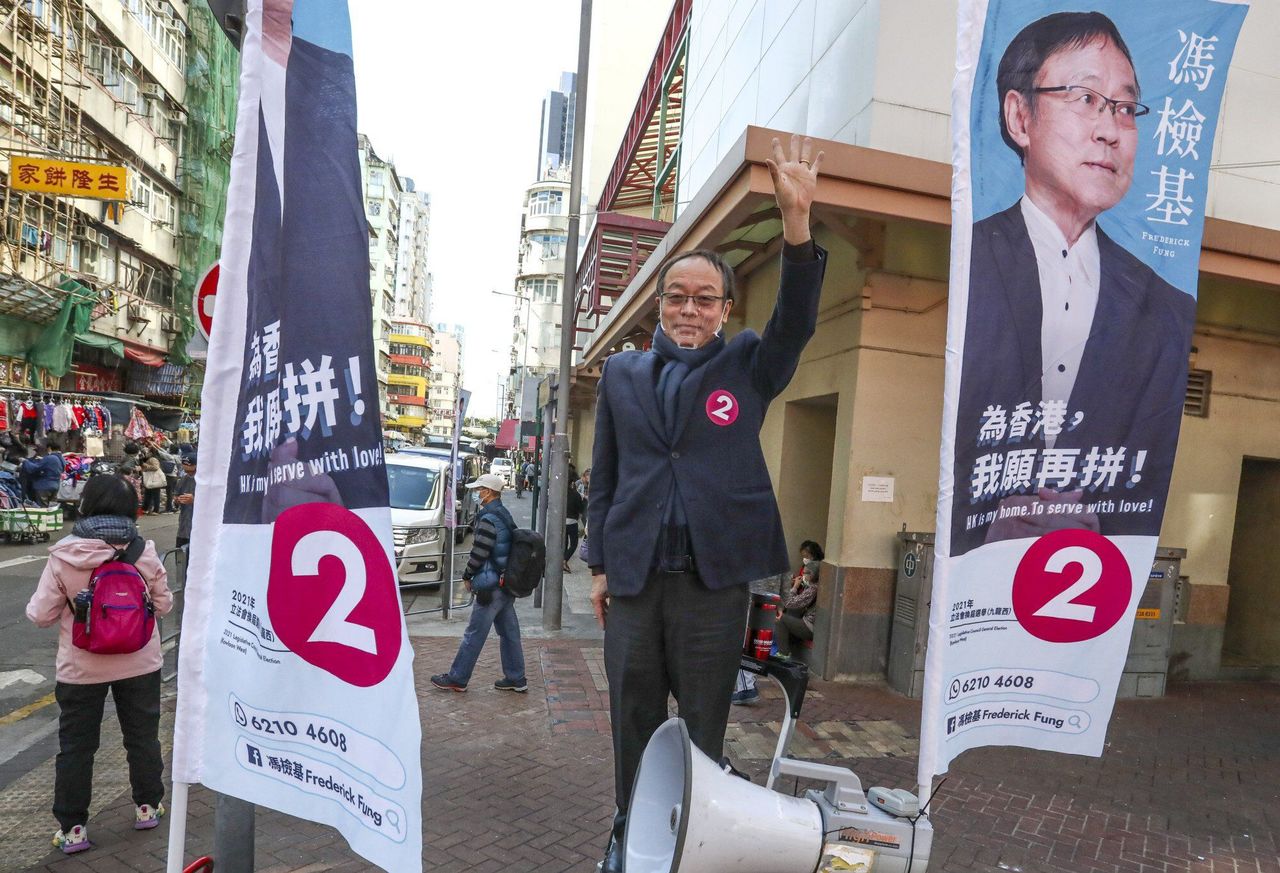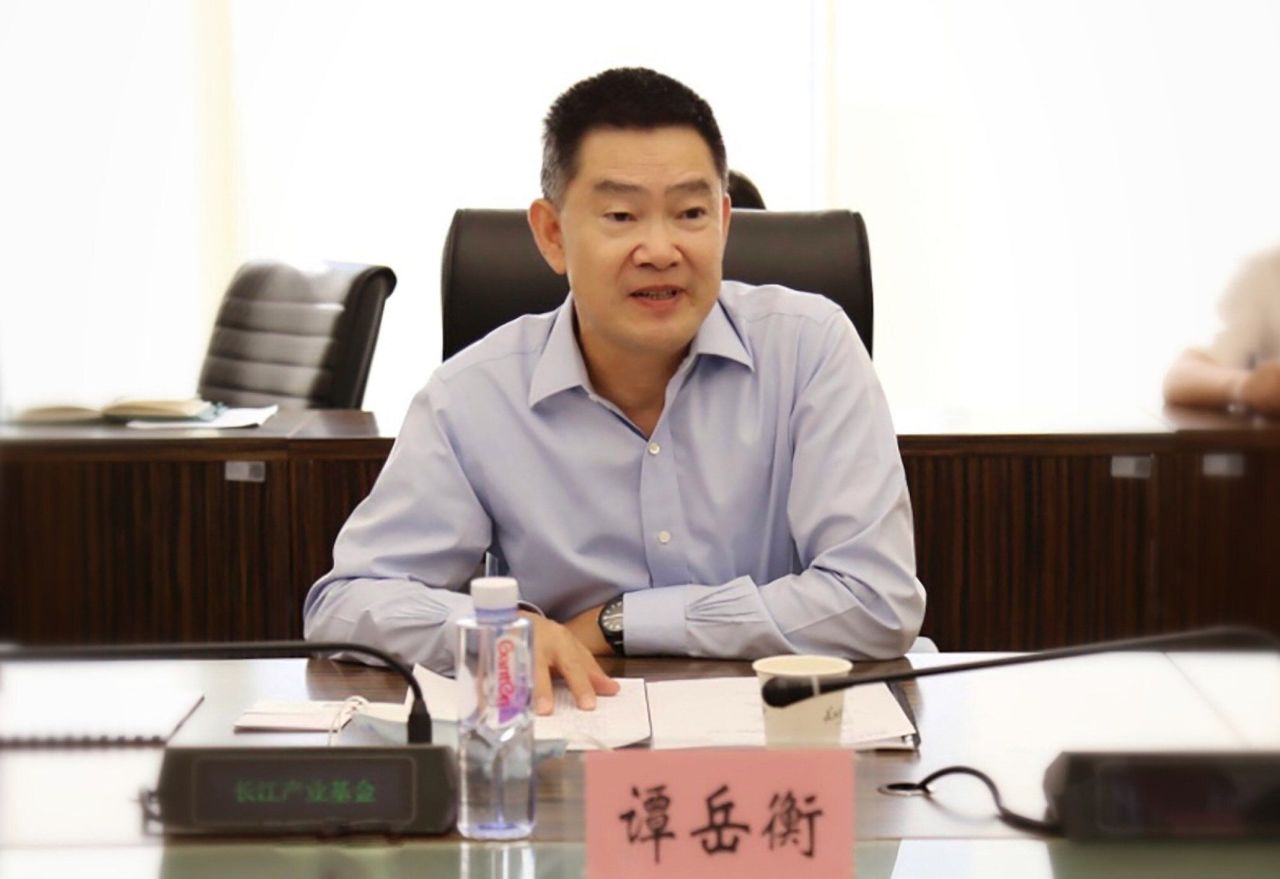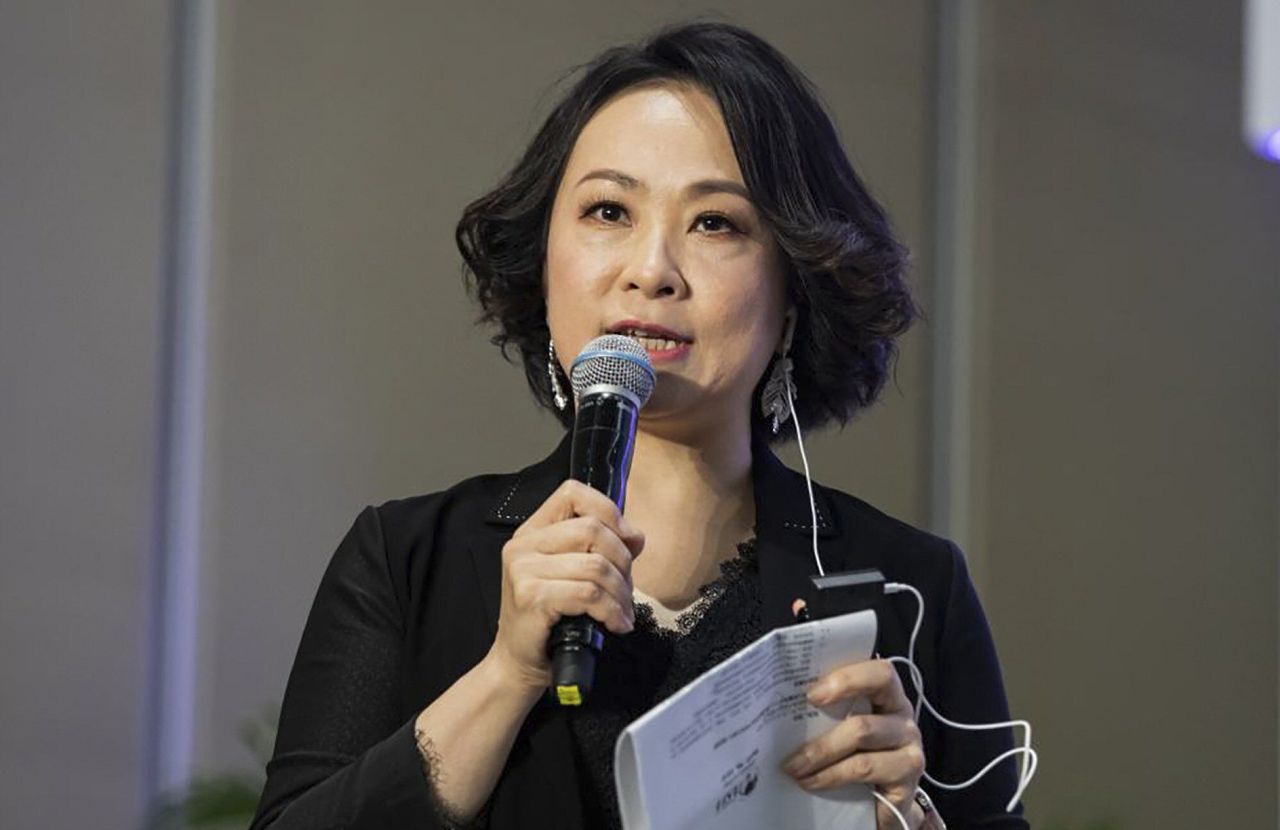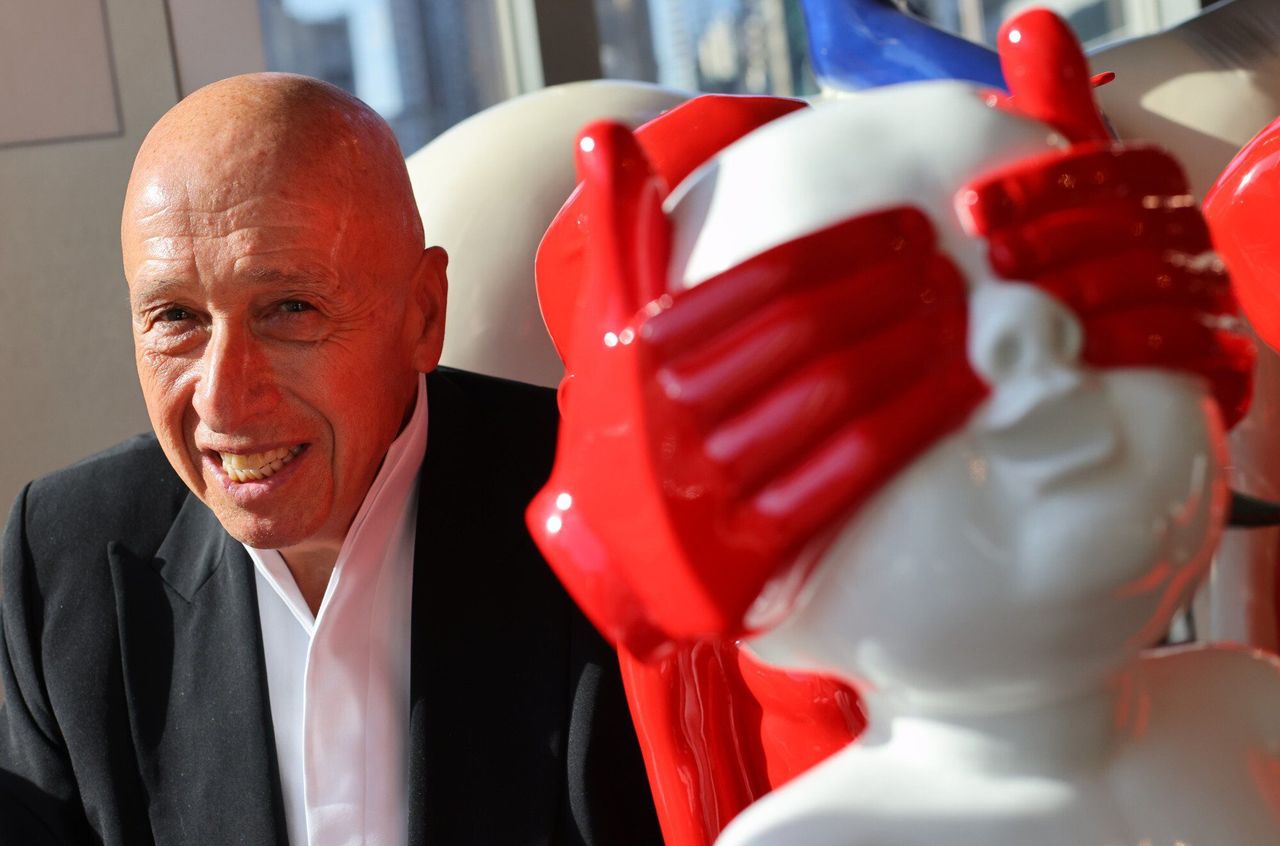Hong Kong News

Mainland ‘drifters’, Westerners, bus driver among Hong Kong Legco poll hopefuls
With the Legislative Council election on December 19 just around the corner, Xia Baolong, China’s top official overseeing Hong Kong affairs has said Beijing welcomes diversity under its principle that only “patriots” should run the city.
Using the Chinese phrase “five lights and 10 colours” to indicate diversity, he said Beijing looked forward to seeing people from across the political spectrum in the city’s establishment.
Pointing to the varied backgrounds of the 153 candidates, the director of the State Council’s Hong Kong and Macau Affairs Office mentioned an electrician and bus driver, among those cleared to run.
Analysts however argued that political ideology, not the candidates’ occupation, place of birth or age, was the proper yardstick to gauge diversity.
The election will be the first for the legislature since Beijing’s overhaul of the city’s electoral system to ensure that only patriots hold positions of power. Legco has been expanded from 70 to 90 seats, with 40 seats for the powerful new Election Committee constituency, 30 for mainly trade-based functional constituencies, and only 20 for directly elected members from geographical constituencies.
 Election candidate Frederick Fung campaigns in Sham Shui Po.
Election candidate Frederick Fung campaigns in Sham Shui Po. 1) Centrist, non-establishment candidates
With mainstream opposition parties shunning the election, about a dozen centrist or moderate candidates are in the running and only five called for a relaunch of the city’s stalled electoral reform process in their mission statements uploaded to the website of the Registration and Electoral Office on November 29.
Although Frederick Fung Kin-kee is former chairman of the pro-democracy Association for Democracy and People’s Livelihood, he did not mention political reform in his electoral messages.
Instead, Fung, contesting in the Kowloon West geographical constituency, made a humble call to ensure different voices in the legislature. His platform focuses on livelihood issues such as housing and alleviation of poverty.
Electoral reform is also conspicuously absent in the platform of two candidates from the centrist Third Side party.
Former Democratic Party member and lawmaker Nelson Wong Sing-chi, contesting in the New Territories North East geographical constituency, said he would call for the reform process to be restarted, and for an amnesty for all opposition activists in jail.
Political observer Max Wong Wai-lun found it strange that most of the moderate candidates did not push for restarting the electoral reform process. “Why don’t they call for reactivating the reform process by following the framework laid down by Beijing in 2014? That would be a politically safe course,” he said.
In August 2014, Beijing was prepared to let Hong Kong pick its chief executive by universal suffrage by 2017, with voters choosing between two or three candidates endorsed by a 1,200-strong nominating committee.
Nelson Wong was expelled by the Democratic Party in 2015 over his plan to lobby lawmakers to conditionally accept Beijing’s proposal. In June that year, Legco rejected the Hong Kong government’s proposal to carry out the 2017 chief executive election under Beijing’s framework.
2) Mainland ‘drifters’ in the city
Gangpiao is a term that means “Hong Kong drifters” and used to describe mainland Chinese who stayed after graduating from Hong Kong universities or came to work and remained longer than they planned.
Gary Zhang Xinyu, an engineer and a member of New Prospect for Hong Kong, a group made up mostly of gangpiao, is one of two gangpiao candidates. He is contesting the New Territories North geographical constituency.
The other is Wu Chili, a University of Science and Technology researcher running in the functional constituency for technology and innovation.
Nine candidates have links with mainland-funded enterprises. They include Bocom International Holdings chairman Tan Yueheng, China Overseas Property managing director Yau Wai-kwong, and China Travel Service (Hong Kong) deputy general manager Yiu Pak-leung.
The emergence of mainland-linked candidates prompted suggestions that Beijing wanted state-owned enterprises, or those familiar with the central government’s thinking, to play a bigger role in Hong Kong affairs. Whether this group will accommodate Hong Kong’s traditional pro-Beijing camp or dilute the veterans’ influence remains to be seen.
 Bocom International Holdings chairman Tan Yueheng.
Bocom International Holdings chairman Tan Yueheng.
China Merchants Port chief operating officer and general manager Yan Gang, running in the commercial (third) functional constituency, told voters in his message that mainland-funded enterprises were duty bound to help improve the livelihood of Hong Kong people.
“While focusing on development of their own businesses, they should create more job opportunities, especially for young people in the city,” he said.
 Taiwan-born Phoenix TV presenter Vie Tseng.
Taiwan-born Phoenix TV presenter Vie Tseng.3) Mandarin-speakers and Westerners
Aside from the mainland-linked candidates, there are at least three Mandarin-speakers running for election in Cantonese-speaking Hong Kong.
They are Taiwan-born Phoenix TV presenter Vie Tseng Chin-I, Hong Kong New Era Development Think Tank chief Tu Haiming, and City University biomedical engineering professor Sun Dong, all running in the Election Committee constituency.
Lan Kwai Fong Group chairman Allan Zeman and former senior official Mike Rowse are the two white Hongkongers in the race.
Canadian-born entrepreneur Zeman made his fortune in Hong Kong, while Rowse, former director general of the government department InvestHK, is a former British citizen. Both took up Chinese citizenship.
 Allan Zeman, Lan Kwai Fong Group chairman.
Allan Zeman, Lan Kwai Fong Group chairman.4) The electrician and bus driver
Two men who stand out for their humble backgrounds are electrician Vincent Diu Sing-hung, 48, and bus driver Choy Wing-keung, 39. They are among 51 candidates vying for 40 Legco seats in the Election Committee constituency.
Guangdong native Diu moved to Hong Kong in 1987 and since 2014, has done electrical work at construction sites. A member of the governing body of the Hong Kong and Kowloon Electrical Engineering and Appliances Trade Workers Union, he said he wanted to speak up for “frontline workers” like himself.
On November 26, Choy turned up for a forum for Election Committee constituency candidates dressed in his bus driver’s uniform.
A member of the pro-Beijing Federation of Trade Unions, he explained that he had come straight from work. He usually drives buses along routes in Kowloon.











